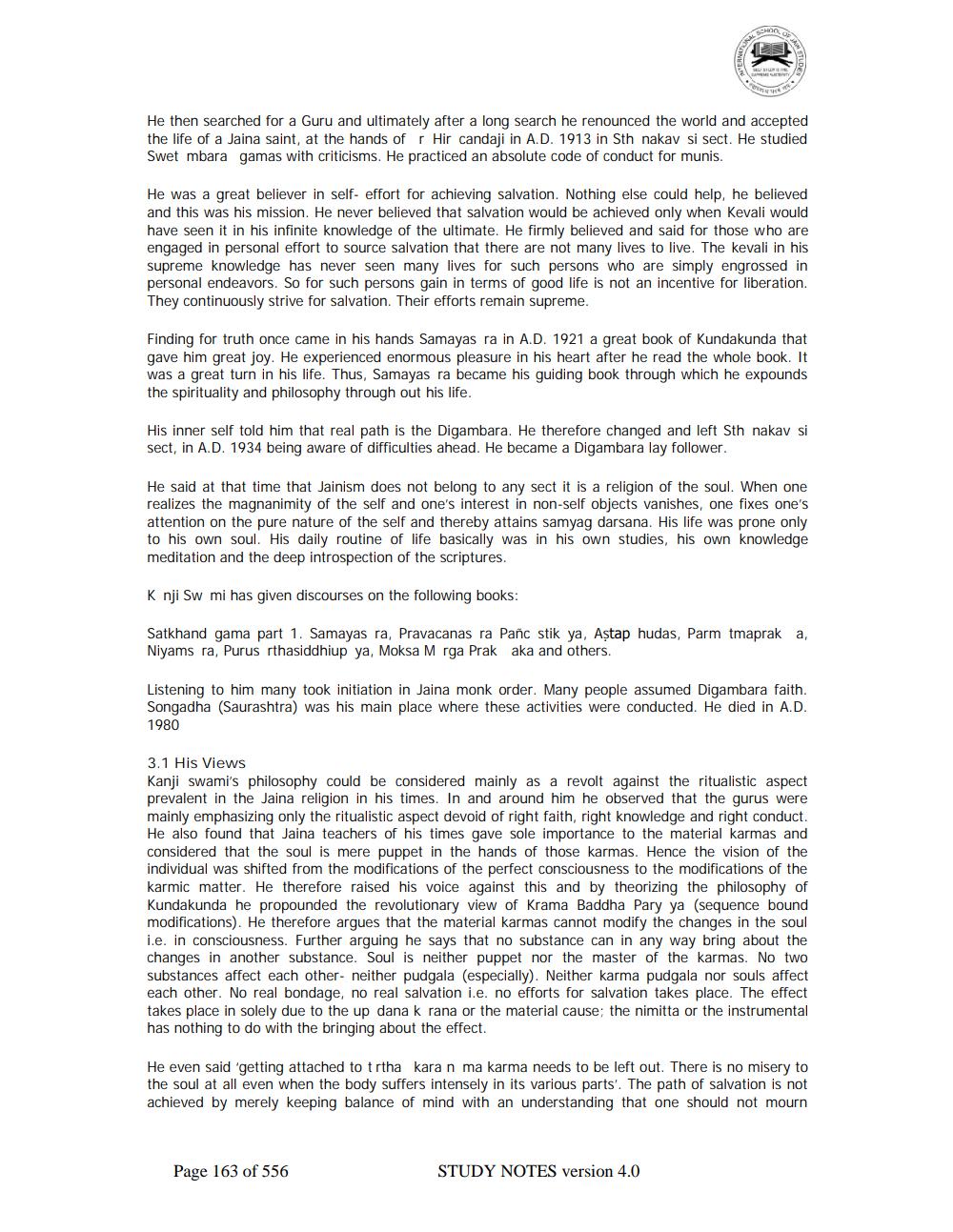________________
He then searched for a Guru and ultimately after a long search he renounced the world and accepted the life of a Jaina saint, at the hands of r Hir candaji in A.D. 1913 in Sth nakav si sect. He studied Swet mbara gamas with criticisms. He practiced an absolute code of conduct for munis.
He was a great believer in self- effort for achieving salvation. Nothing else could help, he believed and this was his mission. He never believed that salvation would be achieved only when Kevali would have seen it in his infinite knowledge of the ultimate. He firmly believed and said for those who are engaged in personal effort to source salvation that there are not many lives to live. The kevali in his supreme knowledge has never seen many lives for such persons who are simply engrossed in personal endeavors. So for such persons gain in terms of good life is not an incentive for liberation. They continuously strive for salvation. Their efforts remain supreme.
Finding for truth once came in his hands Samayas ra in A.D. 1921 a great book of Kundakunda that gave him great joy. He experienced enormous pleasure in his heart after he read the whole book. It was a great turn in his life. Thus, Samayas ra became his guiding book through which he expounds the spirituality and philosophy through out his life.
His inner self told him that real path is the Digambara. He therefore changed and left Sth nakav si sect, in A.D. 1934 being aware of difficulties ahead. He became a Digambara lay follower.
He said at that time that Jainism does not belong to any sect it is a religion of the soul. When one realizes the magnanimity of the self and one's interest in non-self objects vanishes, one fixes one's attention on the pure nature of the self and thereby attains samyag darsana. His life was prone only to his own soul. His daily routine of life basically was in his own studies, his own knowledge meditation and the deep introspection of the scriptures.
Knji Sw mi has given discourses on the following books:
Satkhand gama part 1. Samayas ra, Pravacanas ra Pañc stik ya, Aştap hudas, Parm tmapraka, Niyams ra, Purus rthasiddhiup ya, Moksa M rga Prak aka and others.
Listening to him many took initiation in Jaina monk order. Many people assumed Digambara faith. Songadha (Saurashtra) was his main place where these activities were conducted. He died in A.D. 1980
3.1 His Views Kanji swami's philosophy could be considered mainly as a revolt against the ritualistic aspect prevalent in the Jaina religion in his times. In and around him he observed that the gurus were mainly emphasizing only the ritualistic aspect devoid of right faith, right knowledge and right conduct. He also found that Jaina teachers of his times gave sole importance to the material karmas and considered that the soul is mere puppet in the hands of those karmas. Hence the vision of the individual was shifted from the modifications of the perfect consciousness to the modifications of the karmic matter. He therefore raised his voice against this and by theorizing the philosophy of Kundakunda he propounded the revolutionary view of Krama Baddha Pary ya (sequence bound modifications). He therefore argues that the material karmas cannot modify the changes in the soul i.e. in consciousness. Further arguing he says that no substance can in any way bring about the changes in another substance. Soul is neither puppet nor the master of the karmas. No two substances affect each other- neither pudgala (especially). Neither karma pudgala nor souls affect each other. No real bondage, no real salvation i.e. no efforts for salvation takes place. The effect takes place in solely due to the up dana k rana or the material cause; the nimitta or the instrumental has nothing to do with the bringing about the effect.
He even said getting attached to trtha kara n ma karma needs to be left out. There is no misery to the soul at all even when the body suffers intensely in its various parts'. The path of salvation is not achieved by merely keeping balance of mind with an understanding that one should not mourn
Page 163 of 556
STUDY NOTES version 4.0




